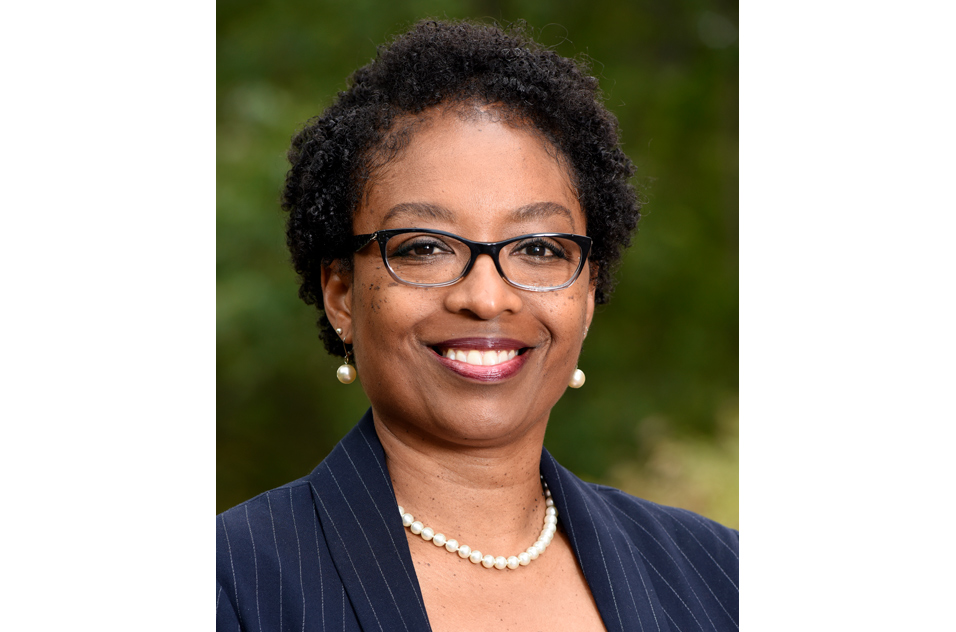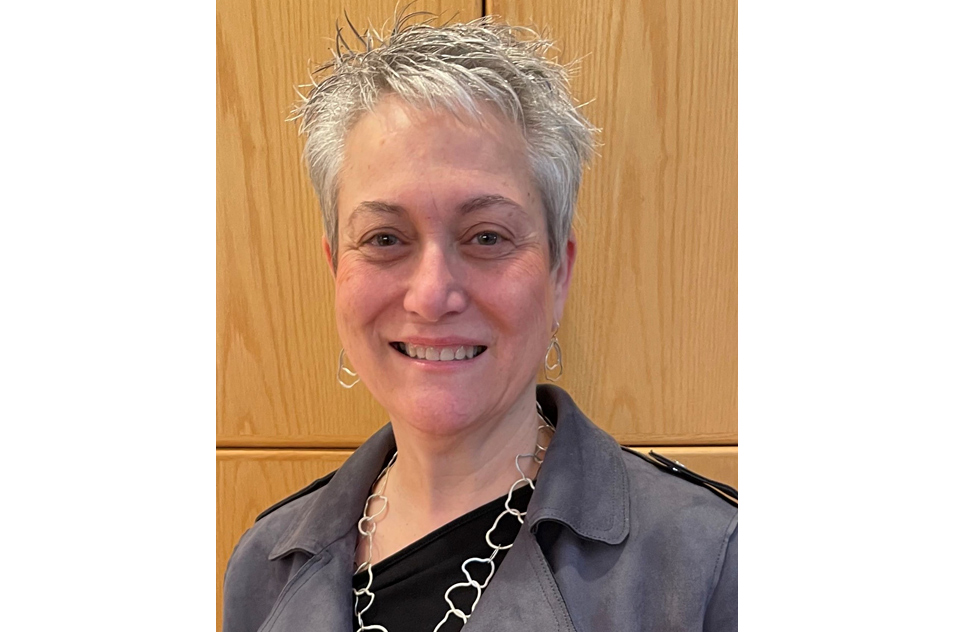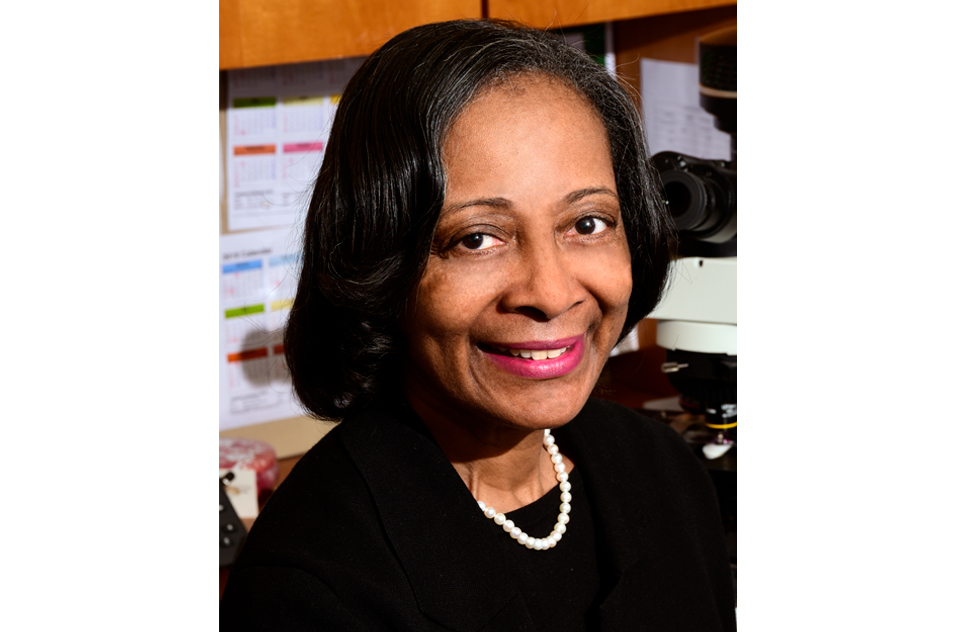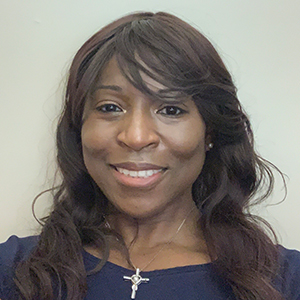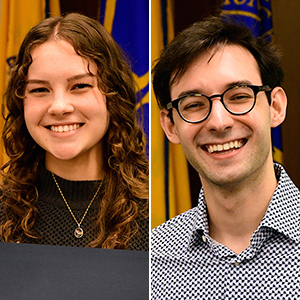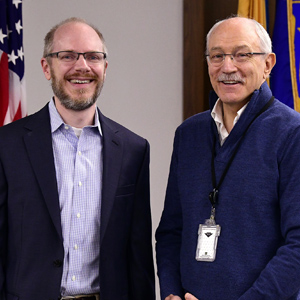Lifting up each other toward career success despite the challenges of stereotyping and bias in hiring was the focus of the annual symposium(https://tools.niehs.nih.gov/conference/ncwocrn_2021/assets/ReidE21_1747_Women_of_Color_Agenda_v11_508.pdf) of the North Carolina Women of Color Research Network (NC WoCRN). After skipping a year due to COVID-19 restrictions, the symposium returned in a virtual format May 27.
This year, the more than 60 individuals who took part in the event came from academia, government, and industry. The network is supported by the NIEHS Office of Science Education and Outreach (OSEO).
Science applied to social goals
Talitha Washington, Ph.D., professor of mathematics at Clark Atlanta University and director of the Atlanta University Center Data Science Initiative, delivered the keynote address, “The STEM Career Advice You Probably Didn’t Get.”
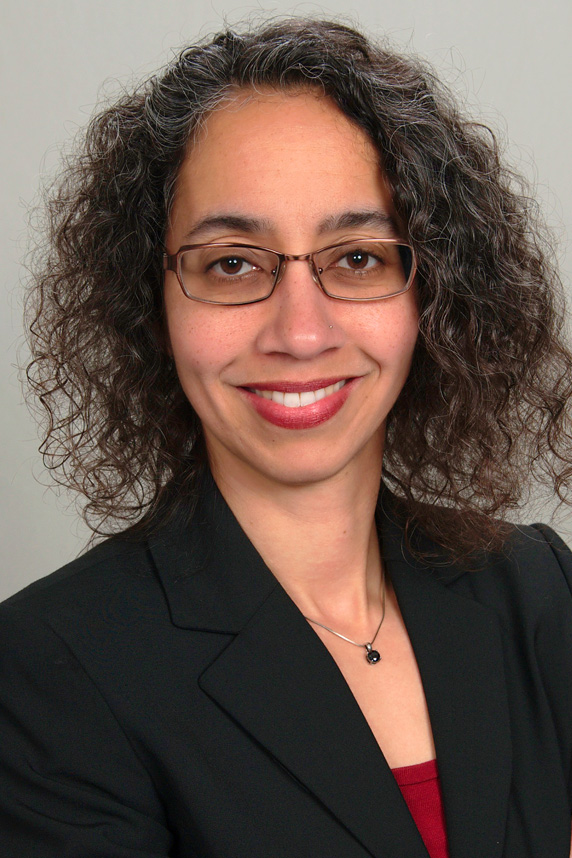 Washington stressed the importance of staying curious, taking care in managing relationships, and seeking fulfillment, professionally and personally. (Photo courtesy of Talitha Washington)
Washington stressed the importance of staying curious, taking care in managing relationships, and seeking fulfillment, professionally and personally. (Photo courtesy of Talitha Washington)“I look at data science as a way to address social justice for Black lives,” she said.
The work-life issues of Black women have been overlooked, Washington noted, citing a recent National Academies Press publication, “The Impact of COVID-19 on the Careers of Women in Academic Sciences, Engineering, and Medicine.” Takeaways include the following.
- The burden of perceived stress of racism on Black women in science, technology, engineering, and mathematics (STEM), especially during the pandemic, caused many to become emotionally depleted and even leave the STEM workforce.
- Some women of color leaders in academia continue to report tokenism and stereotyping, which can contribute to feelings of isolation, loneliness, and burnout.
- Bias in the application of evaluation criteria in the tenure process may account for inequities among women of color entering academic leadership.
“Establish robust networks — they say your network is your net worth,” Washington said. “Actively seek out support, maintain your well-being, develop your own reasonable timelines, and create collegial groups.”
Creating more opportunities
NIEHS Acting Deputy Director Gwen Collman, Ph.D., emphasized the importance of mutual aid among professional women. “This network is about helping each other get to the place that's best for each of you,” she said.
Collman cited the National Institutes of Health (NIH) UNITE initiative, which identifies and addresses structural racism. “It's meant to be an audacious goal,” Collman said. “There's a new emphasis on creating opportunities. We're making sure that our policies and procedures will encourage more grant applications from people of color.”
In addition to UNITE, NIH is committed to diversifying science in other ways. For example, researchers with existing grants can bring in colleagues from underrepresented communities using a diversity supplement application.
Panelists emphasize mentoring
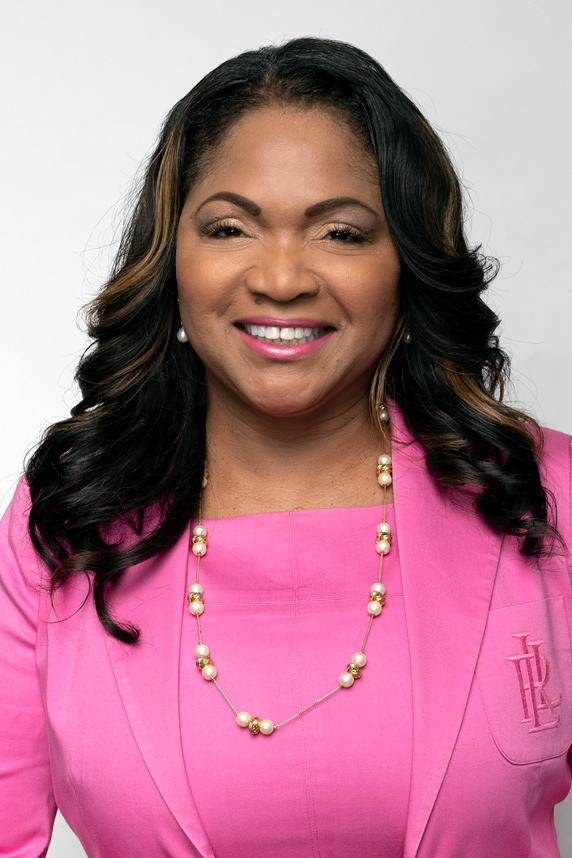 “Do you all realize how much we've done virtually over the last 15 months?” McCauley asked. “We have a real opportunity to continue this energy and connectivity.” (Photo courtesy of Pamela McCauley)
“Do you all realize how much we've done virtually over the last 15 months?” McCauley asked. “We have a real opportunity to continue this energy and connectivity.” (Photo courtesy of Pamela McCauley)A panel discussion about the role of networks and collaborations in research careers centered on the importance of strong mentoring.
“I would not be in this position without mentorship,” said Quantil Melendez, Ph.D., a researcher at North Carolina Central University and CEO of NIFP Technologies. “I wanted to become a Ph.D., but I was taking care of my 11-year-old brother, and I didn't have any money. My mentor was committed to making sure that I made that happen.”
Personal stories like Melendez’s underscore the importance of both asking for help and giving help, depending on the situation.
Pamela McCauley, Ph.D., associate dean for Academic Programs, Diversity, Equity, and Inclusion at North Carolina State University’s Wilson College of Textiles, encouraged her colleagues not to be reluctant to reach out. “We need to be much more comfortable sharing relationships in our personal networks with others,” she said.
“I believe in aggressive collaborating,” McCauley continued. “It makes me downright furious when I hear about women not supporting each other. I have made a commitment that I will nominate at least four women a year for something prestigious.”
Roundtable offers resources and advice
Connecting young people with similar aspirations and issues to create peer and mentoring networks was a key topic during the roundtable session.
“We must start early where kids live, and before high school, that's the key,” said Linda Bass, Ph.D., an NIEHS scientific review officer.
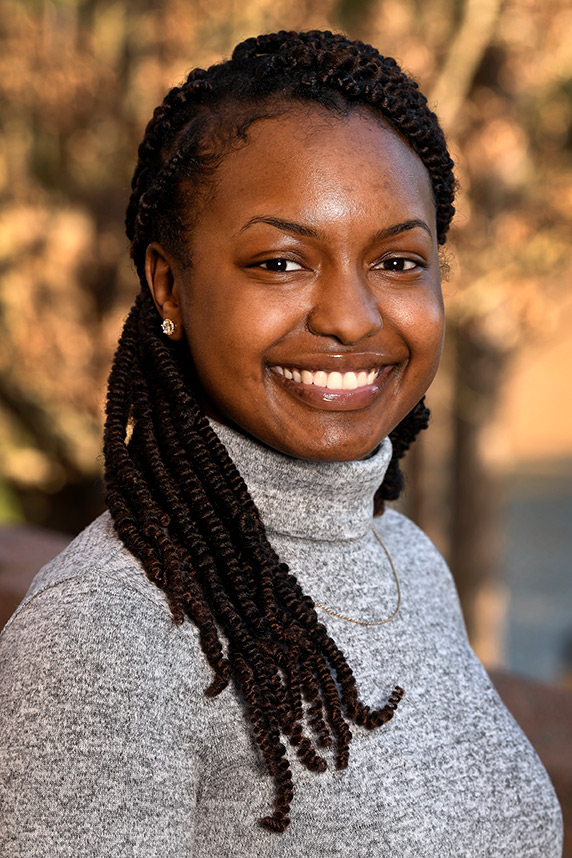 “Connecting with people who are on the same journey gives me resources I wouldn't have known about,” said Wilson. (Photo courtesy of Steve McCaw / NIEHS)
“Connecting with people who are on the same journey gives me resources I wouldn't have known about,” said Wilson. (Photo courtesy of Steve McCaw / NIEHS)Isha Wilson, a postbaccalaureate fellow in the NIEHS Nucleolar Integrity Group, talked about her experience so far in her career.
“I'm on my medical school, M.D., Ph.D. journey, and events like these help me broaden my prospects,” she said. “Not everybody gets the same opportunities.”
Networking with peers can be crucial to shedding feelings of isolation and loneliness, and mentors often have the resources to connect young scientists with others like themselves.
Darlene Dixon, D.V.M., Ph.D., head of the NIEHS Molecular Pathogenesis Group, offered attendees encouraging words.
“We'll try to get you connected to other students of color who are walking your walk and who can share their journeys, survival strategies, and life stories with you,” she said.
Citation: National Academies of Sciences, Engineering, and Medicine; Policy and Global Affairs; Committee on Women in Science, Engineering, and Medicine; Committee on Investigating the Potential Impacts of COVID-19 on the Careers of Women in Academic Science, Engineering, and Medicine, Dahlberg ML, Higginbotham E, editors. 2021. The Impact of COVID-19 on the Careers of Women in Academic Sciences, Engineering, and Medicine. Washington (DC): National Academies Press (US). PMID: 33705087.
(John Yewell is a contract writer for the NIEHS Office of Communications and Public Liaison.)





